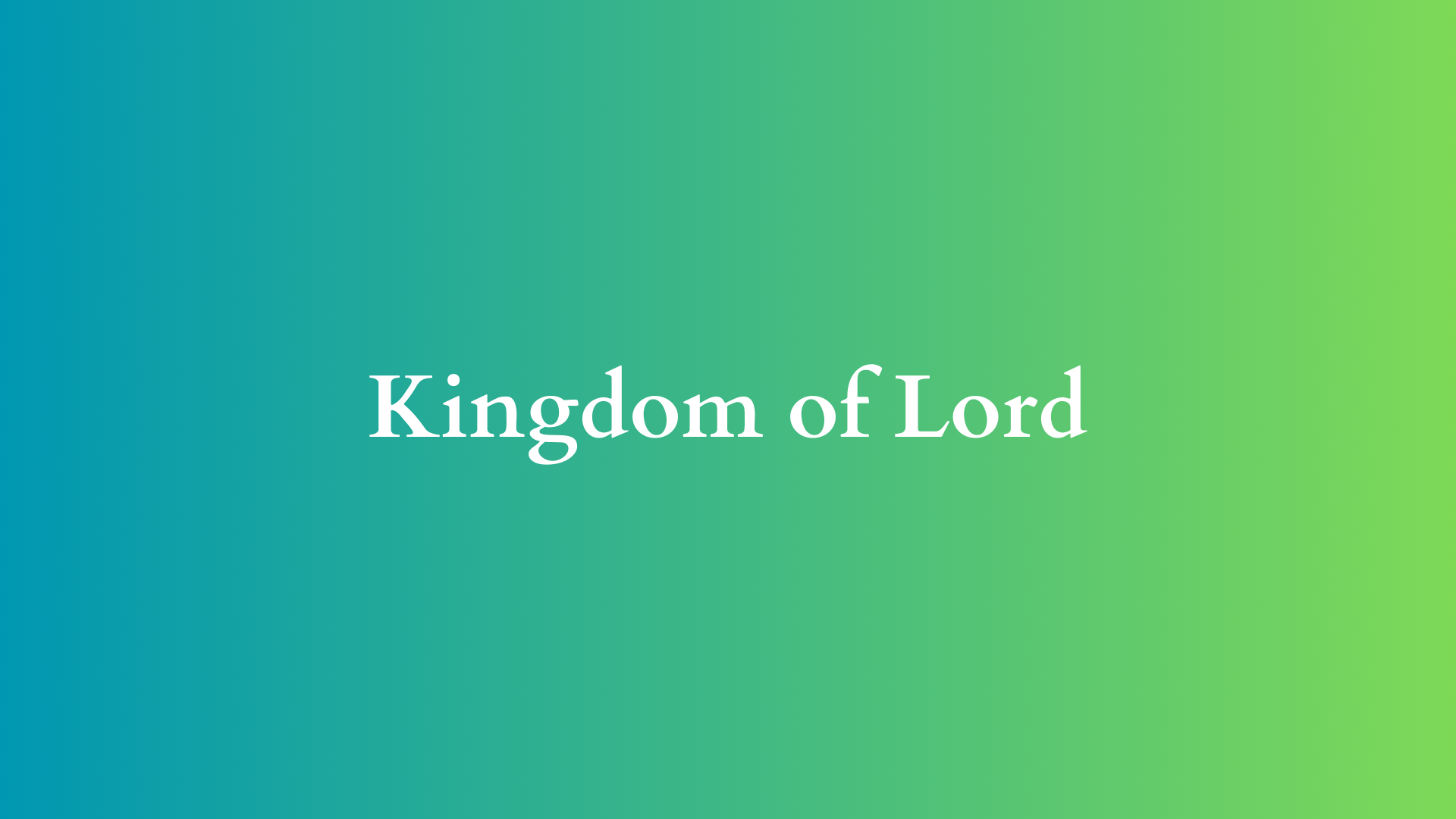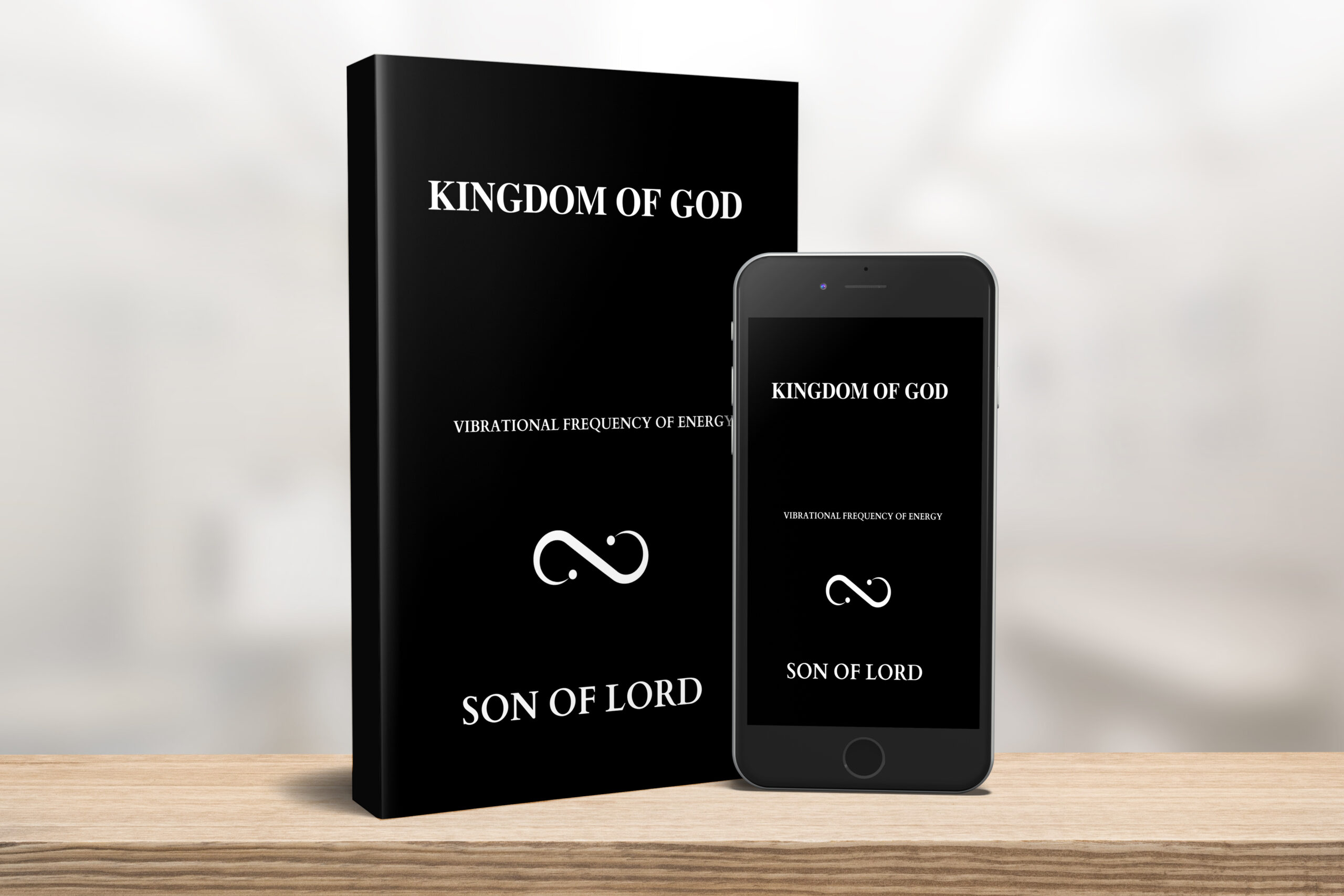The Kingdom of the Lord: A Profound Exploration of Sovereignty and Spirituality
The concept of the “Kingdom of the Lord” holds a prominent place within the realms of theology, philosophy, and spiritual discourse. It is a multidimensional idea that transcends the simple notion of an earthly kingdom. Rather, it embodies a complex interplay between divine sovereignty, human agency, and communal life. This blog post aims to delve into the various interpretations of the Kingdom of the Lord, its implications for believers, and its significance in contemporary society.

Understanding the Kingdom of the Lord
The term “Kingdom of the Lord” is often interpreted as the reign of God over all creation. In religious scriptures, particularly within Christianity, the Kingdom is more than just a physical realm; it is a spiritual domain where God’s will is realized. The Gospels vividly illustrate this concept, with Jesus frequently speaking of the Kingdom in parables that reveal its nature, values, and characteristics.
Theological Foundations
- Divine Sovereignty: At the heart of the Kingdom of the Lord lies the divine sovereignty of God. This sovereignty encapsulates God’s ultimate authority and control over the universe. It reassures believers that, despite the chaotic nature of human life, there exists an overarching divine purpose.
- Christ’s Role: In Christian theology, Jesus Christ is often seen as the inaugurator of the Kingdom. Through His teachings, miracles, and sacrifice, He demonstrates the Kingdom’s values—love, justice, mercy, and humility. The New Testament asserts that Jesus not only preached about the Kingdom but also embodied it, inviting people to participate in this divine reality.
- Already and Not Yet: The Kingdom of the Lord is often described with the paradox of “already and not yet.” This theological nuance suggests that while the Kingdom has been initiated through Christ’s coming, its complete fulfillment is awaited in the future. Believers live in anticipation of this eschatological moment while actively participating in reflecting the Kingdom’s values in their lives.
Characteristics of the Kingdom
Understanding the attributes of the Kingdom of the Lord helps illuminate what it means to be a member of this divine realm.
- Inclusivity: The Kingdom transcends social, ethnic, and cultural barriers. The Gospels reveal that Jesus welcomed outcasts, sinners, and marginalized individuals, demonstrating that the Kingdom is open to all who are willing to embrace its principles.
- Justice and Righteousness: Central to the Kingdom is a commitment to justice and righteousness. God’s nature demands that believers seek social justice, care for the oppressed, and stand against corruption and inequality. These characteristic challenges individuals to advocate for the vulnerable and to reflect God’s justice in a world often marred by injustice.
- Peace and Reconciliation: The Kingdom is also a realm of peace. Jesus is often called the Prince of Peace, emphasizing the Kingdom’s core value of reconciliation—both between God and humanity and among individuals. The call to forgive and restore relationships is intrinsic to the Kingdom’s ethos.
- Transformative Power: The Kingdom of the Lord is transformative. It invites individuals into a new way of life marked by spiritual renewal and ethical living. The notion that one can experience a radical change through faith and the workings of the Holy Spirit is fundamental to understanding the dynamics of the Kingdom.

Implications for Believers
The implications of the Kingdom of the Lord extend far beyond individual spiritual experiences. They mold a collective identity and influence societal structures.
Living Kingdom Values
Believers are called to embody Kingdom values in their daily lives. This includes acts of kindness, compassion, and generosity. By living according to the principles of the Kingdom, individuals become conduits of God’s love, reaching out to others with the hope that they too might experience the transformative nature of God’s reign.
Community Engagement
The concept of community is integral to the Kingdom. Believers are encouraged to engage with their local and global communities not merely as passive participants but as active agents of change. This might involve social justice initiatives, hunger relief programs, and other forms of outreach that reflect the Kingdom’s commitment to the flourishing of all people.
The Church as a Kingdom Outpost
The Church is often viewed as an expression or outpost of the Kingdom of the Lord on earth. Within the Church, believers gather not just for worship but to collectively pursue the values of the Kingdom. This community aspect fosters accountability and encourages mutual support as individuals seek to navigate the complexities of life in light of their commitment to God’s reign.
The Kingdom in Contemporary Society
In our rapidly changing world, the Kingdom of the Lord holds relevance and urgency. The moral and ethical teachings derived from the Kingdom can provide a compass in navigating contemporary issues such as inequality, violence, and ecological degradation.
- Advocacy for Justice: Many faith-based organizations work tirelessly to address social injustices, advocating for the rights of the marginalized and voicing against systemic wrongs. This activism is rooted in the belief that the Kingdom of God calls believers to be agents of justice.
- Environmental Stewardship: The Kingdom also emphasizes the care for creation. In a time where environmental crises loom large, believers are called to exercise stewardship over the earth, recognizing that the beauty and integrity of creation reflect God’s artistic and purposeful intention.
- Fostering Unity in Diversity: The global Church, with its diverse expressions, serves as a powerful testament to the Kingdom’s inclusivity. In a polarized society, the Church is tasked with promoting unity, celebrating diversity, and bridging divides, embodying the Kingdom’s revolutionary love.
Conclusion
The Kingdom of the Lord is a rich and profound concept that invites believers to contemplate their roles as active participants in God’s redemptive work. It presents an understanding of divine sovereignty that offers hope and purpose in a world marked by uncertainty. By embracing and embodying its values—justice, reconciliation, and transformative community life—believers can contribute to a world that reflects the beauty of the Kingdom. As we strive to live out these principles, we do not merely wait for the Kingdom to come; we join in bringing it to fruition in our lives and communities. The invitation remains open, calling all to partake in the vibrant, cherished reality of the Kingdom of the Lord.
Shop Now






